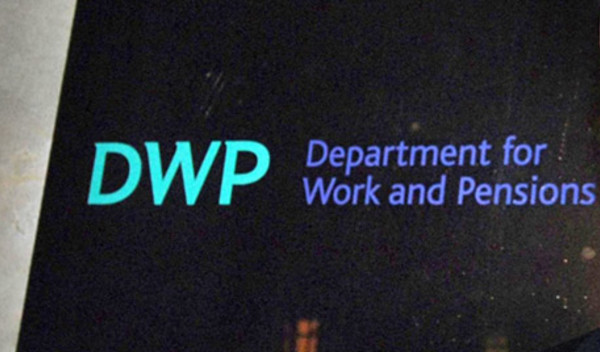

Pension master trusts face coming under greater scrutiny, as it is revealed the Department for Work and Pensions and the Pensions Regulator are in talks over their regulation.
A master trust is a multi-employer occupational pension scheme, where each employer has its own division within the arrangement, giving a way for employers to meet their auto-enrolment obligations.
Speaking today (9 March) at a Work and Pensions Committee meeting in the House of Commons, Lesley Titcomb, chief executive of the Pensions Regulator, said: “We are in talks with the DWP to see what else amongst a range of possible solutions could be brought to bear.
“Making the master trust assurance framework mandatory is one of them.”
Speaking later in the same session on auto-enrolment, Baroness Ros Altmann, minister for pensions, said that there is a well known issue with master trusts.
“We need a legislative route to put in protections, so that if any of these trusts wind up the costs of this don’t fall on assets.
“There is currently no protection for wind up in master trusts, which is why I am so exercised about it. We know doing nothing is not an option.”
She added that as an example, the assets in a trust may be protected by the Financial Services Compensation Scheme, but the costs of wind up may have to come out of the assets.
Ms Altmann outlined three possible routes that the government could take to improve the situation.
These were looking at the requirements before a scheme was approved, which would fall under the remit of HM Revenue & Customs.
Secondly, to give the regulator more powers, which she said she was keen to do.
Thirdly, for there to be a form of insurance, but this would not be in the form of the government giving a guarantee.
She added: “I don’t want to scaremonger - there are tiny amounts of money in these schemes at the moment - now is the right time to do this.”
Charlotte Clark, director of private pensions at the DWP, added: “We are working on the approach to this and the policy so we are ready to legislate as soon as we could.”
Earlier in the same session, Ms Titcomb said that The Pensions Regulator has been concerned that it has not been able to exercise as strong a regulation on this group as it would like.
She added that at present, the regulator has no power to make the master trust assurance framework mandatory and that as a regulator, the TPR was worried that master trusts could be wound down in an orderly fashion.
Ms Titcomb said: “I would certainly like more regulatory tools available to me in this space, I’m open to what they are.”
At present, there are five pension schemes with the master trust assurance framework in place, whilst there are 72 open and registered master trusts at the moment.
In September last year, FTAdviser reported that the master trust assurance framework should be mandatory, according to the industry.
In August last year, Henry Tapper, founder of auto-enrolment service Pensions PlayPen and director at pensions consultancy First Actuarial, said he had reported seven new master trusts to both Action Fraud and The Pensions Regulator.
Colin Rodger, director at Alexander Sloan Financial Planning said: “This shows the benefit of having a pensions minister in Ros Altmann who knows what she is doing and has a technical grasp of the issues involved.”
ruth.gillbe@ft.com



